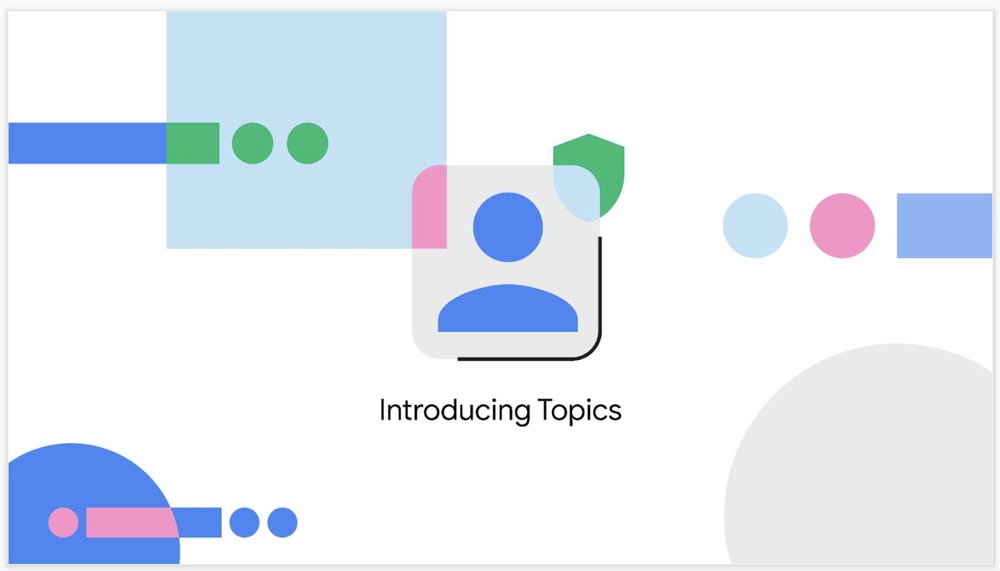
16 Mar Topics API: Pivoting as Chrome Tests More Ad Privacy Changes
It’s spring, which means it’s time for another pivot in online advertising with Google Chrome’s new privacy initiative, Topics API, announced earlier this year. Looking to address concerns on both sides, the new proposal straddles the tension of user privacy with the need for relevant, targeted ads that benefit both business and consumer.
While still in the global testing phase with no definite launch date, online advertisers should prepare for Topics for two reasons:
1) Data will no longer be available from third-party cookies, which track an individual’s browsing across devices and are set to retire in 2023.
2) Topics API will replace last year’s Federated Learning of Cohorts (FLoC) initiative that gained a lot of pushback. FLoC puts browsers in buckets, instead of tracking individual data, but many were concerned it was still too privacy-invasive.
Topics API in a Nutshell
Ad Tech Explained provides a breakdown of Topics API:
- Assigns broad-based topics to websites that are human-curated and recognizable
- Assigns five topics per week to users (stored per individual device and not on any servers, including Google’s). A sixth random topic is assigned to thwart attempts at narrowing down personal identities.
- Delivers relevant ads across sites the user visits, without collecting individual data
- Allows sites and users to opt-out of assigned topics (For example, if you searched “pet grooming,” but you don’t want ads popping up for pet products.)
In order to prevent user fingerprinting, Topics API will initially target only 350 broad topics and remain minimal compared to FLoC’s 32,000 identifiers. Every three weeks, three to five user topics (such as Fitness, Pets, and Investing) will be assigned based on browsing and those topics will be passed on to sites using Topics API. Marketers can then run targeted ads based on those topics, knowing only the topic of those sites, not the user’s specific URLs visited. As one new topic per week is added, an old one drops off.
“We are going to have to adjust our thinking about what ‘accurate targeting’ actually means,” said Julie Friedman Bacchini, managing director of PPCChat, to Search Engine Land.
Google has restricted topics from sensitive categories such as race, religion, and orientation. Users also have the option to remove certain topics or disable them completely. For user-friendliness and privacy, browsers can read and understand the topics compared to FLoC’s gobbledygook code.
How to Prepare for Topics API
Many advertisers are concerned that the topics are too broad and expire too quickly. Since Google Chrome accounts for more than 62% of browsers worldwide, however, the tech company’s privacy initiatives can’t be ignored by businesses with an online presence.
To prep for Topics API, experts agree advertisers should take these steps:
- Shore up your zero-party and first-party data. It’s more important than ever to gather your own customer information via email lists, newsletters, CRM, and social media so you have a direct line of communication.
- Stay informed of Topics API updates and familiarize yourself with topics. Check out Google’s Privacy Sandbox on Topics to keep up to date. Topics are assigned first based on URL (e.g. tennis.com is under sports), but once available companies may be able to declare which topics are assigned to their sites.
- Tighten up your website. Ensure your website has clear copy and is keyword-driven, fast to load, and easy to navigate.
- Initiate Topics API on your site once it’s widely available. The only way to stay in the game is to play the game.
While the impact of Topics API is still speculative, it’s certain that advertisers need to adapt to life after third-party cookies. Let The Threadgill Agency help you navigate these changes and ensure your ads are finding your customers.

